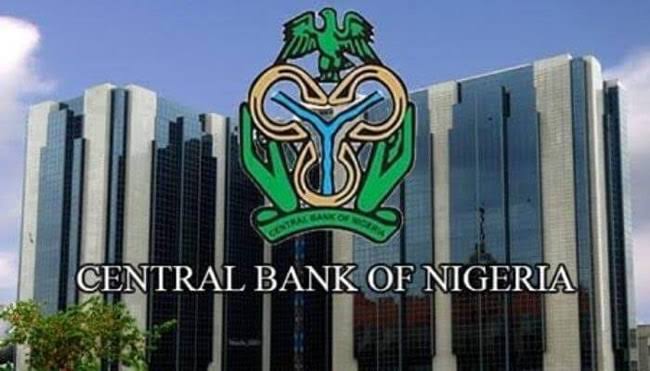The minimum capital requirements for all banks operating in the country was yesterday increased by the Central Bank of Nigeria (CBN).
This was contained in a circular signed by the Director, Financial Policy and Regulation Department, Haruna Mustafa, in which it was revealed that the apex bank gave all commercial, merchant, and non-interest banks and promoters of proposed banks 24 months, commencing from April 1, 2024, and terminating on March 31, 2026, to meet the requirements.
In the circular, the minimum capital base for banks with international permission was raised to ₦500 billion from ₦50 billion.
The minimum capital base of ₦25 billion for commercial banks with national authorisation has been raised to ₦200 billion.
It was also disclosed that the new minimum capital for merchant banks would be ₦50 billion, while the new requirements for non-interest banks with national and regional authorisations are ₦20 billion and ₦10 billion, respectively.
To achieve the laid-down goals, the CBN detailed its strategies which includes giving banks the liberty to raise additional capital through private placements, rights issues, or public offers.
Another option is Consolidation through mergers and acquisitions (M&A).
Also, banks may decide to downgrade or upgrade their licenses to comply with the new capital requirements for their desired authorisation level.
However, meeting the minimum capital requirement is not the sole aim, according to the Central Bank as it says that banks must also maintain the minimum capital adequacy ratio (CAR) mandated for their specific license authorisation.
Failure to align with CBN’s take on CAR could result in mandatory capital injections to regularise the bank’s position.
The new minimum capital requirements apply not only to existing banks but also to all new applications for banking licenses submitted after April 1, CBN stated.


